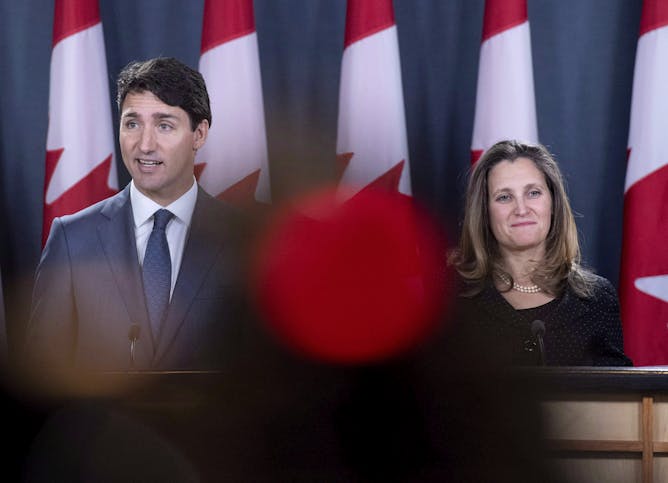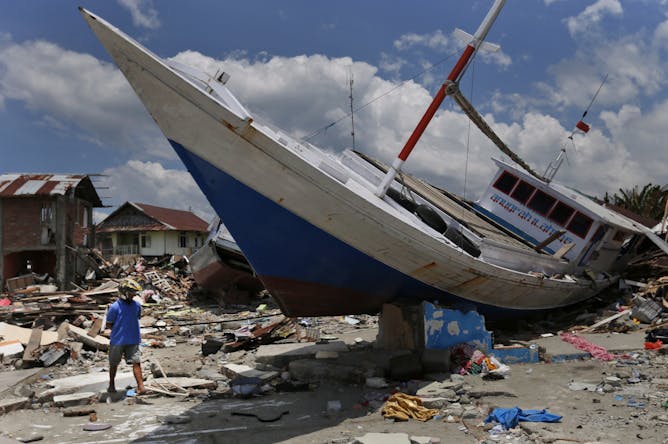|
Are all grades created equally? Today in The Conversation Canada, Louis Volante of Brock University and Christopher DeLuca of Queen’s University examine whether it’s fair that students applying to a university are judged not just on their own grades, but also on how their high schools rank against other secondary schools.
The drama has died down about the new NAFTA – I’m still getting use to calling it USMCA – but as people read the fine print, did Canada make a good or a bad deal? Andrew McDougall of the University of Toronto has provided an insightful analysis and concludes the new deal may actually work out better for Canada in the long run.
And finally…the recent tsunami in Indonesia is the latest reminder of the deadly potential of earthquakes. But why do some very strong earthquakes kill fewer people than weaker quakes? Lindsay Schoenbohm of the University of Toronto looks at the science of earthquakes to answer that question.
Regards,
|

Many classroom assessment strategies have a positive impact on student learning but, because they are not standardized, can also contribute to the problem of grade inflation.
(Shutterstock)
Louis Volante, Brock University; Christopher DeLuca, Queen's University, Ontario
Recent news that at least one Ontario university adjusts for grade inflation during the undergraduate application process is a call to action -- for long-term educational change.
|

Prime Minister Justin Trudeau and Minister of Foreign Affairs Chrystia Freeland hold a news conference on the United States Mexico Canada Agreement (USMCA) in Ottawa on Oct. 1, 2018. THE CANADIAN PRESS/Justin Tang.
THE CANADIAN PRESS/Justin Tang
Andrew McDougall, University of Toronto
The USMCA, while imperfect, is overall a positive development for Canada. It has a number of structural elements that may very well leave us stronger when negotiating trade pacts in the future.
|

In this Oct. 10, 2018, photo, a man walks past a boat swept ashore by a tsunami in Wani village on the outskirt of Palu, Central Sulawesi, Indonesia. The 7.5 magnitude earthquake on Sept. 28, triggered a tsunami and mudslides.
(AP Photo/Dita Alangkara, File)
Lindsay Schoenbohm, University of Toronto
Last month's earthquake in Sulawesi, Indonesia was large, but not huge. It was the aftereffects that made it so devastating.
|
Business + Economy
|
-
Liberty Vittert, Washington University in St Louis
Lotteries purportedly generate money to support public education. Jackpots are getting bigger and bigger – but states don't seem to be spending any more on education.
|
|
Education
|
-
Emily Smith-Woolley, UCL; Ziada Ayorech, King's College London
Genetics play a large role in how well someone does at university.
|
|
Health + Medicine
|
-
Nick Haslam, University of Melbourne
The process of grieving can happen in stages. But these stages are rarely experienced in the same way by one bereaved person and another.
|
|